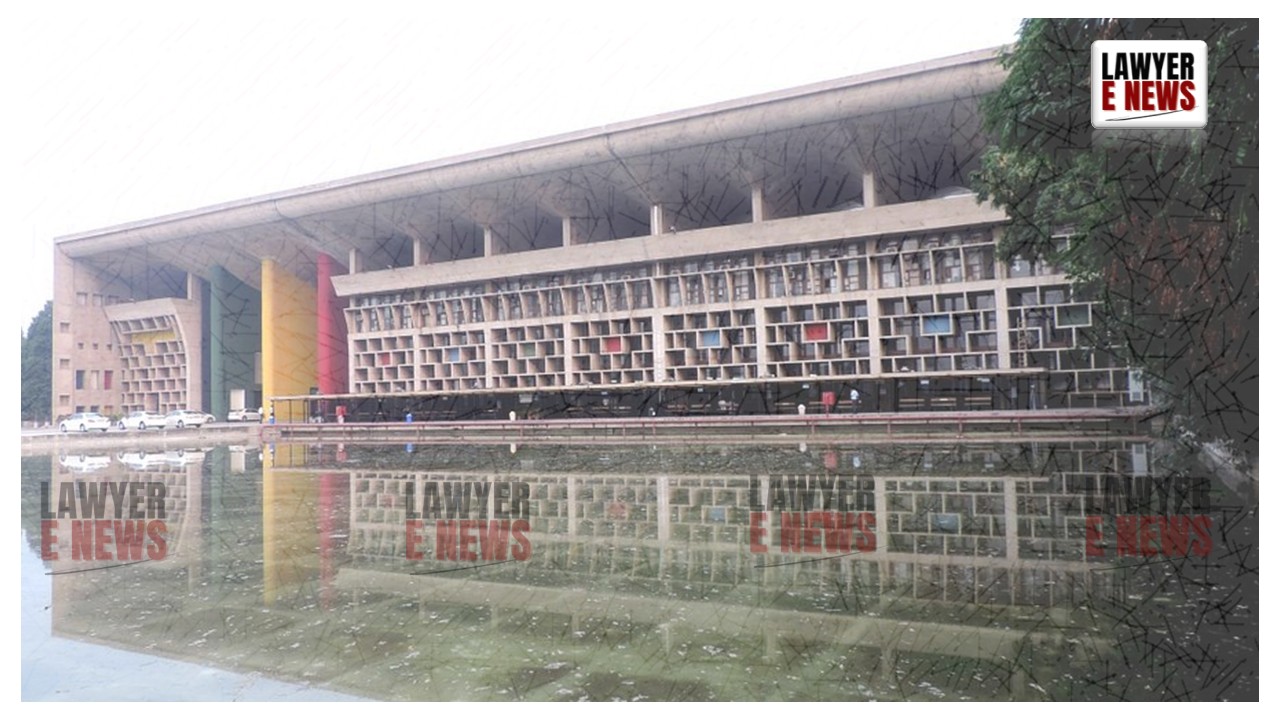-
by Admin
16 February 2026 10:43 AM



Post-Violation Compliance Can Mitigate Proceedings Under Environmental Laws, Punjab and Haryana High Court addressed the issue of prosecuting environmental law violations under the Water (Prevention and Control of Pollution) Act, 1974, when the defaulting entity subsequently rectifies its shortcomings. Justice Kuldeep Tiwari emphasized the Punjab Pollution Control Board's (PPCB) policy to encourage compliance over punitive action, thereby redirecting the petitioners to seek relief from the trial court.
Complaint for Environmental Non-Compliance
The case originated from a complaint filed by the Punjab Pollution Control Board (PPCB) against M/S Sant Baba Bhag Singh University and its office bearers under Sections 43, 44, and 47 of the Water (Prevention and Control of Pollution) Act, 1974. The complaint alleged violations of Sections 24, 25, and 26 of the Act, which regulate pollution and require "Consent to Operate" for operations potentially affecting water resources.
The complaint (Annexure P-1) and subsequent notice (Annexure P-2, dated May 10, 2016) were issued due to non-compliance with the Act's provisions. However, during the pendency of proceedings, the petitioners rectified the deficiencies identified by the PPCB and obtained a "Consent to Operate," valid from May 19, 2023, to March 31, 2027.
The primary legal issue was whether the proceedings against the petitioners for non-compliance under the Water Act, 1974, could be quashed in light of their subsequent rectification of deficiencies and compliance with environmental laws.
Justice Kuldeep Tiwari highlighted the PPCB’s policy of withdrawing cases where violations are remedied to promote compliance. The court noted the Board's submission that it does not pursue cases where offenders have rectified their violations and complied with environmental standards.
The PPCB’s affidavit clarified: "The Board is having a policy not to pursue such cases in which compliance of the provisions of the Water (Prevention and Control of Pollution) Act, 1974, and the Air (Prevention and Control of Pollution) Act, 1981, has been made by the defaulter of pollution."
The court acknowledged this constructive approach, focusing on encouraging adherence rather than punitive measures, as a significant step towards fostering compliance with environmental laws.
Court’s Ruling: Relief to Be Sought from the Trial Court
The High Court declined to directly quash the complaint but provided an avenue for relief. It directed the parties to approach the trial court for appropriate orders. Notably, the PPCB undertook to support such an application before the trial court and confirmed its intention not to pursue the case further.
The court stated:
"In view of the stand taken by the respondent No. 2 in its short reply, coupled with the fact that the learned counsel for the respondent No. 2 has made a submission before this Court that they are ready to make an affirmative statement... this Court deems it appropriate to relegate the parties to the learned trial Court concerned for claiming the apposite relief(s)."
The petitioners were thus granted an opportunity to seek discharge or dismissal of the complaint, with the assurance of the PPCB’s cooperation.
Policy Consideration: Promoting Compliance Over Punitive Action
The judgment underscores the importance of environmental compliance policies. The PPCB's decision to withdraw proceedings against entities rectifying violations reflects a shift from a purely punitive regime to one that encourages adherence to environmental laws. This approach is consistent with broader goals of sustainable development and effective enforcement.
Justice Kuldeep Tiwari highlighted the value of such policies, noting that they promote environmental responsibility while reducing the burden on judicial and administrative systems.
The High Court’s ruling reiterates that compliance with environmental laws, even after violations, can mitigate legal proceedings under the Water (Prevention and Control of Pollution) Act, 1974. The case also highlights the role of enforcement agencies like the PPCB in encouraging adherence through constructive measures.
The petition was disposed of, with the petitioners directed to approach the trial court, where the PPCB will not oppose the application for dismissal of proceedings.
Date of Decision: November 22, 2024
